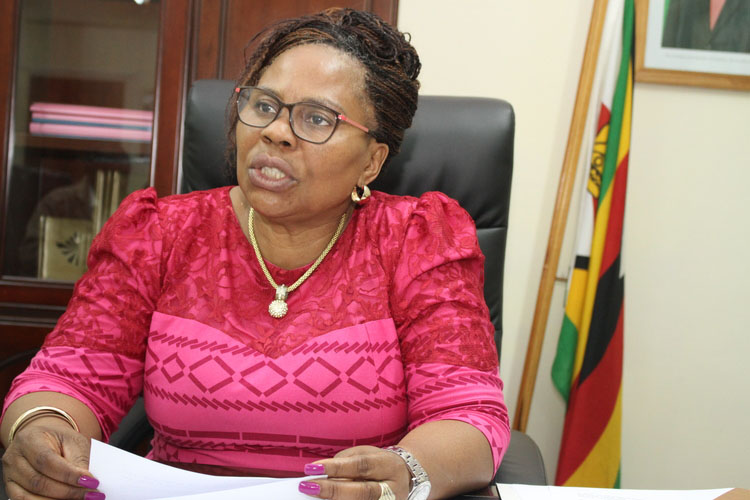Government has resolved to confiscate national identification cards and passports for returnees upon arrival in the country to prevent them from escaping quarantine centres.
Since the lockdown started, about 120 people have escaped from quarantine centres.
Government officials said most of the escapees are those who would have been convicted for crimes either in Botswana and South Africa.
Information, Publicity and Broadcasting Services Minister Monica Mutsvangwa, announced that Cabinet had agreed to collect the returnees national IDs and travel documents.
“In order to curtail the prevalence of people absconding, Cabinet agreed that identity documents or travel documents be collected from returnees on arrival and be returned to them at the end of the quarantine period,” she said Tuesday at a post-cabinet briefing.
Mutsvangwa also said given the number of increasing positive cases, the government had identified alternative quarantine centres with a carrying capacity of 5267 to free schools that are currently housing returnees
Minister of Public Service, Labour and Social Welfare, Professor Paul Mavhima concurred authorities realised that it was mostly inmates who ran away from the quarantine centres.
“The main reason we have realised is the characteristics of those returnees, especially those who were inmates in Botswana and South Africa. That’s where we have had serious problems,” he said.
Prof Mavhima claimed his ministry was addressing complaints raised by returnees.
“We’ve also had initial complaints, which we are taking care off, the main one being the period of stay at the quarantine centres and government is now intervening to make sure testing takes place efficiently and on time so that people can be released if negative,” he said.
“Other complaints don’t necessarily relate to people absconding, but have been addressed by government is some places didn’t have adequate water and in most cases we intervened. Other complaints were on special diets and my ministry intervened as some have diabetics or other health conditions to make sure they are provided for.”
The minister said all returning residents were profiled and if one had no identification particulars or travelling documents, they would still be traced.
“The fact that one does not have a passport doesn’t mean they don’t have a national ID. All are profiled, that is how now the government is able to identify and publicise their names to the community for them to help us,” he said.
At the weekend, the government published 48 names of people who escaped from quarantine centres.
“Communities are told that those who escaped maybe your relatives but you don’t want to put others and yourselves in risk of COVID-19 transmission, so it’s important when such persons come to you, report to authorities. They would be returned to quarantine centres to go through the process so that they are free from the disease,” Prof Mavhima said.
The mandatory quarantine period for returning residents and international travellers is 21 days, with testing conducted on Day One, Day Eight and Day 21.
Zimbabwe now has 314 confirmed positive cases, with 46 recoveries and four deaths.

